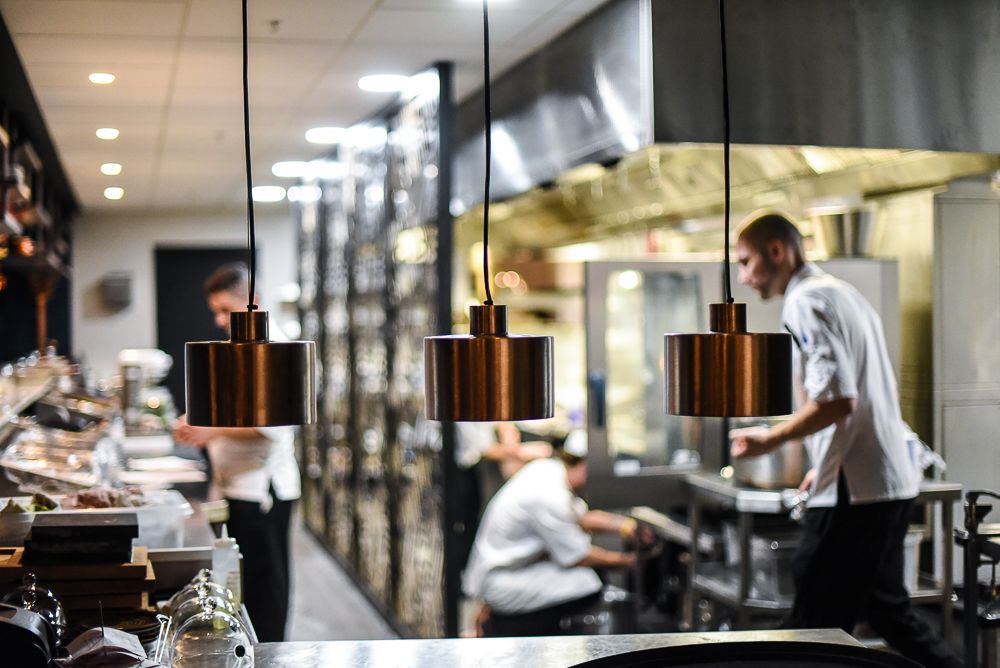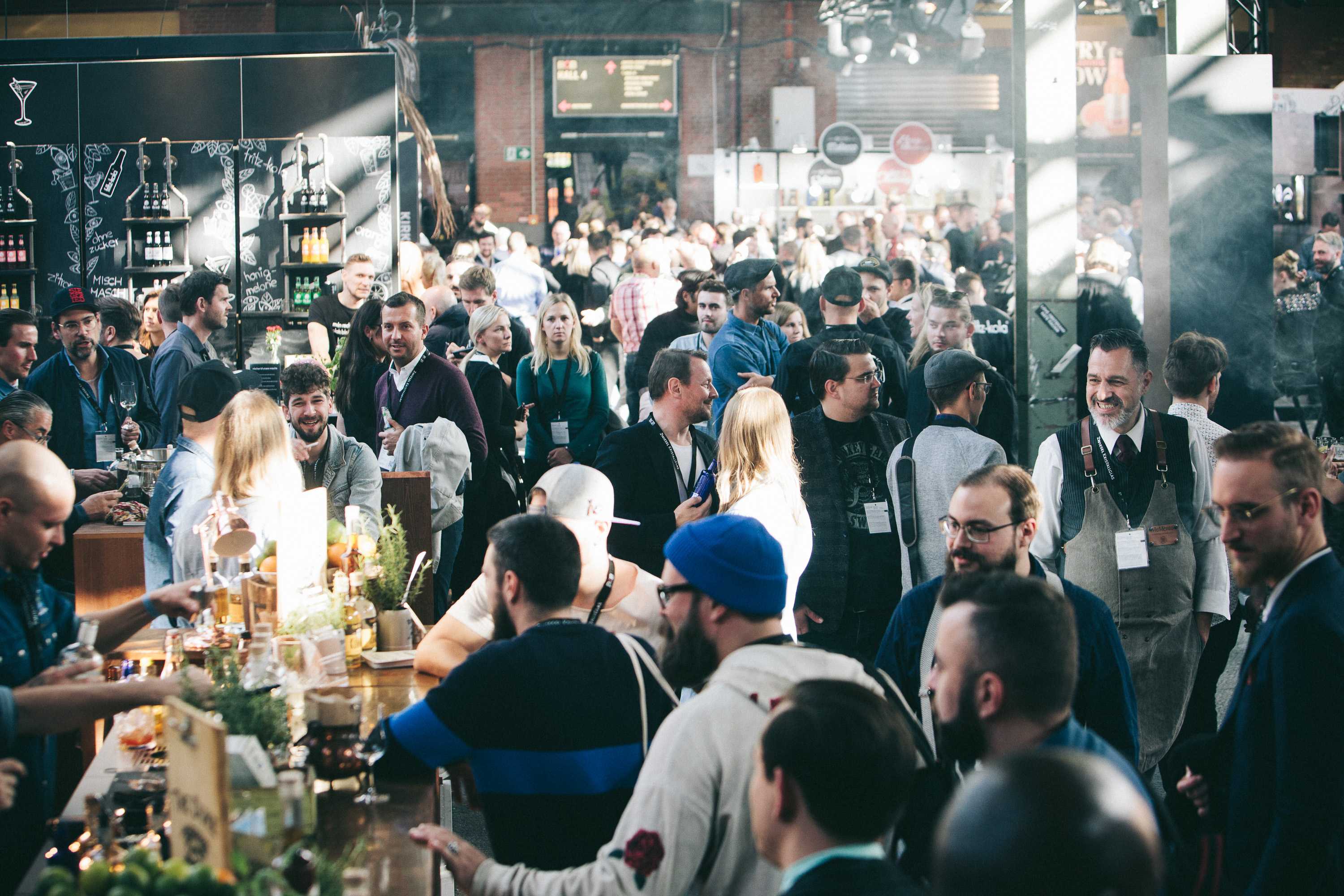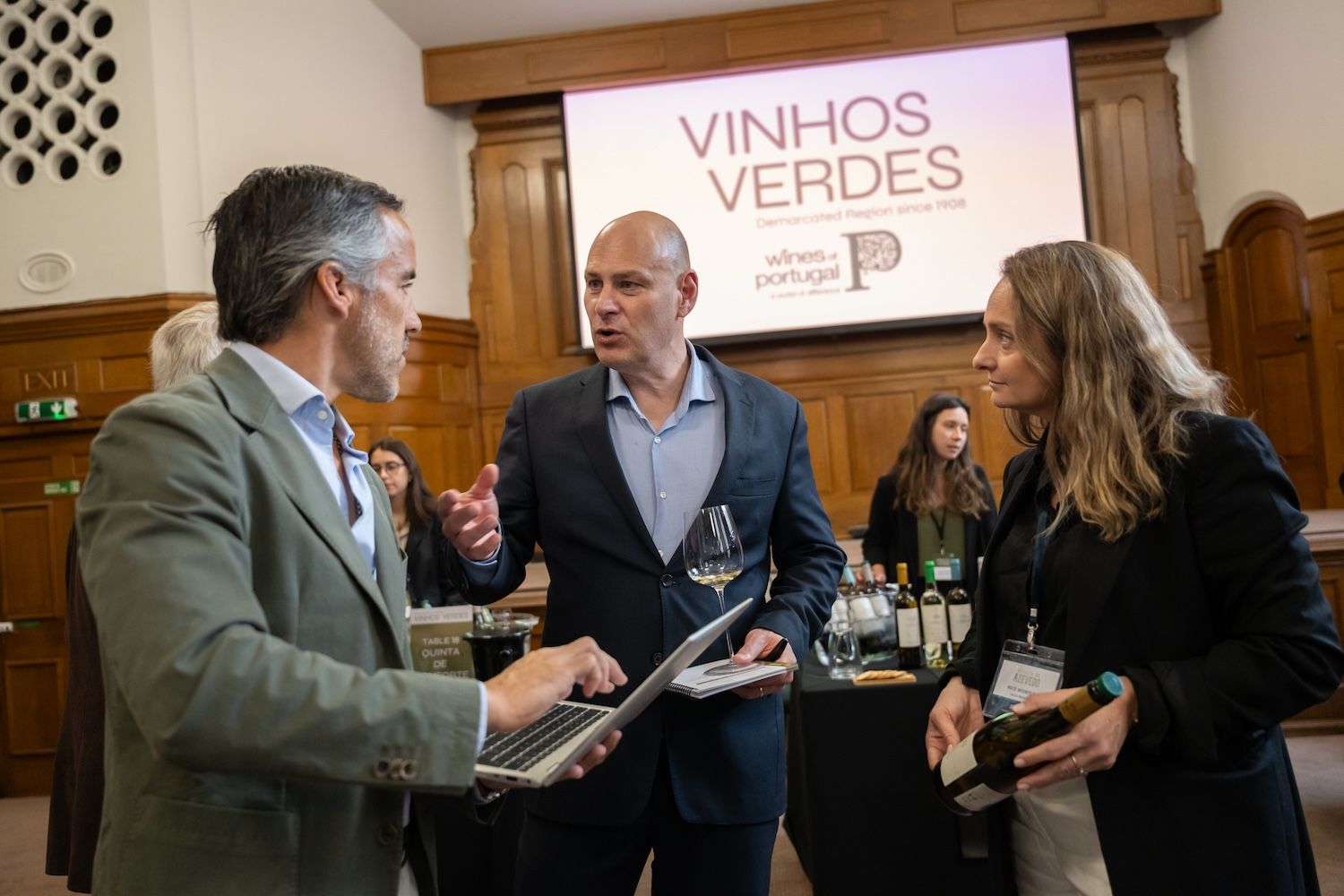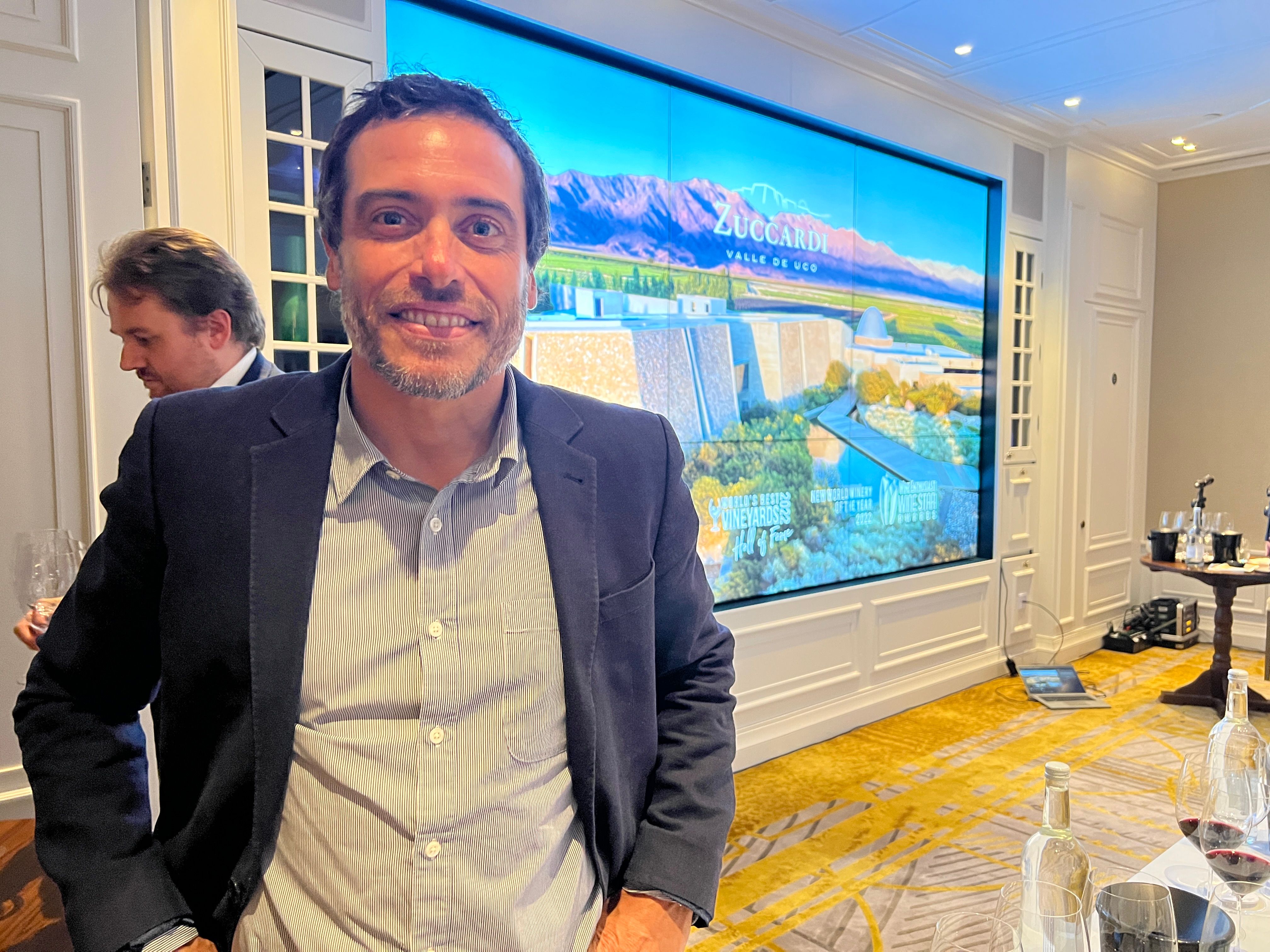There is no hiding place working in the premium on-trade with long hours and demanding customers par for the course. Andre’ Mannini explains why he believes other restaurants groups should follow M Restaurants’ lead in trying to help its staff better manage their stress and mental health.
So how would you fancy having the opportunity to take four extra, fully paid days of work to help cope with the demands of your job. Ever felt like the world of work was getting on top of you? Well, for those working in the premium on-trade there are often no weekends off try and recuperate, instead you have to take your days when you can and there is not always the chance to catch up.
Which is what makes M Restaurants decision to allow its staff any four days they like to take for themselves, to re-charge the batteries, and hopefully help with their stress levels is such a welcoming initiative.
As it says: “Staff and managers may use the days in whichever way they want, including a ‘mental health day’ to lower stress levels, or to enjoy some extra rest after a tough week. ‘M-indful Days’ will be encouraged to be used for all sorts of reasons, if someone knows they have a party planned, they might notify the company they are ‘taking a ‘M-indful day’ to recover from an over indulgent night, eradicating an environment of guilt and resentment from both sides.”
What’s more if you don’t use up your extra four days, the remaining ‘M-indful Days’ will be added to an employee’s holiday allowance and paid in any case.
Here Andre’ Mannini, operations director for M Restaurants, who helped devise and implement the scheme explains what he hopes it can achieve.
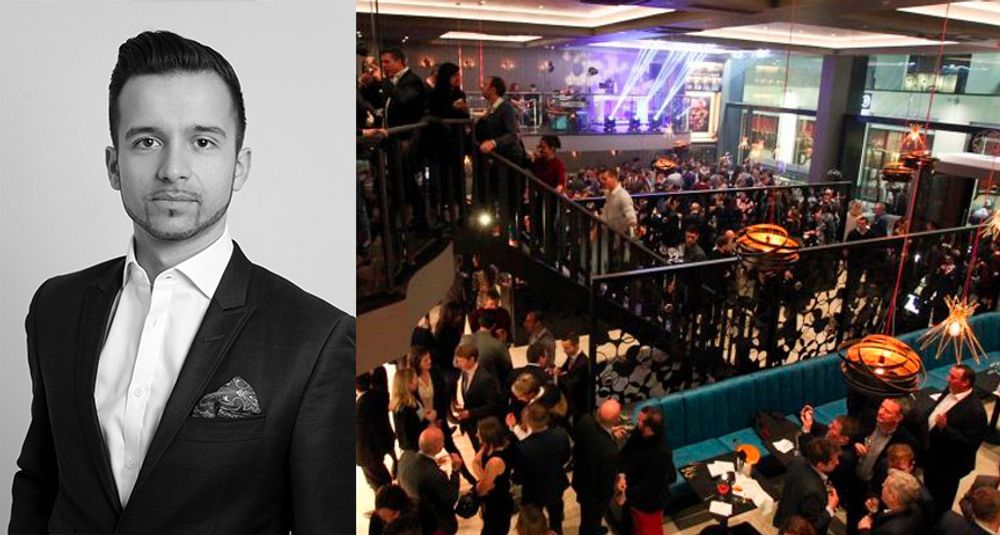
M’s Andre’ Mannini is passionate about finding ways to help his staff
Why is this ‘M-indful’ days initiative so important to you?
Throughout the years of my career I have understood how important good leadership and being people-focused is in our business, this is another step towards bettering our industry and I am delighted to be in a company that supports me and allows me to pioneer it.
How did you come up with the idea?
Funnily enough it was prompted by a manager who called in sick a couple of times and it was clearly due to hungover – instead of reacting angrily and with the veiled resentment that would normally characterise such situations, I tried to see it from his point of view and felt that probably he was the person that was feeling more dispirited from it. So, I thought if we give all some days to use for anything they like, we will obtain the same result (fully paid non-working days) but without the negative feelings. A no brainer!
And for those who are too tough to use any, there is alternative reward as they will get them paid at the end of the year or added to their holiday allowance.
How dangerous and worrying do you think stress and mental health is working in the restaurant sector?
It is certainly a tough industry, but it’s in good company. Other sectors are known for long hours (law), or are physically exhausting (all manual labourers) or have stress levels off the scale within the workforce (eg stock market). We probably have a bit of all of those challenges combined, especially for the less skilled workforce.
Hospitality has suffered historically from bullying and mistreatment of the novices from the more senior personnel in a manner that closely resembles the same awful practices in the army. For many of us this has been a training ground and certainly helps to develop ‘a tough skin’ but for others it was the cause of great mental distress.
I am confident it is not the only way and we, together with many other companies that have the same modern approach, are the proof that there is another way and that development and learning need not to be linked to strict hierarchy, overworking and tough conditions.
Unfortunately, such practices are hard to die – and this is not helped by the popularisation (and promotion!) of victimisation from certain celebrity chefs as it makes it look ‘cool’ to be horrible to people. It only hinders, as it continues to fuel the stereotype in a vicious cycle.
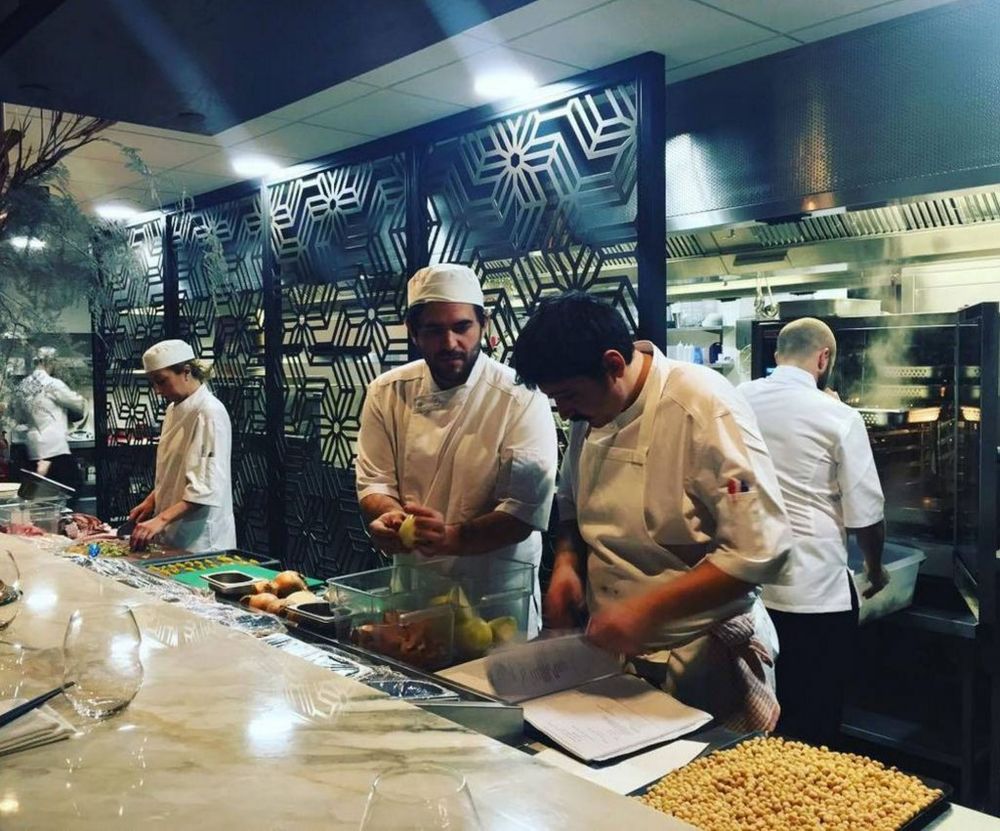
The busy kitchen environment at M Restaurant is no different to any other in terms of work load and stress levels
How do you hope the M-indful days initiative will help you and your colleagues?
It will improve their mental health because they will have another tool at their disposal to take care of themselves. I love the fact that it removes the resentment element and the need of using sickness excuses when someone is simply in need of some rest or recovery.
I also like the fact that the extra perk comes with a shift or responsibility – no manager will want to be notified of a M-indful day five minute before starting time, so in a way it incentivises good planning and a more responsible and mature behaviour.
Would you like to see other restaurants/groups introduce a similar scheme?
Yes, absolutely.
I am a firm believer than our industry needs to change and better itself to become appealing to the newer generations and to continue to nurture talent – but it needs to align itself to other more forward-thinking fields and bring the focus back to the people.
I like to say and hope that a silent revolution is taking place, partly fuelled by the way ‘millennials’ are, as well as Brexit and the challenges of recruitment – but at the core there is a desire to change, to improve, to become smarter and thought-provoking businesses.
If in the future M-indful days will become a standard or even the law in the UK – I will be pleased to have played a small part in bringing progress to the hospitality world!
